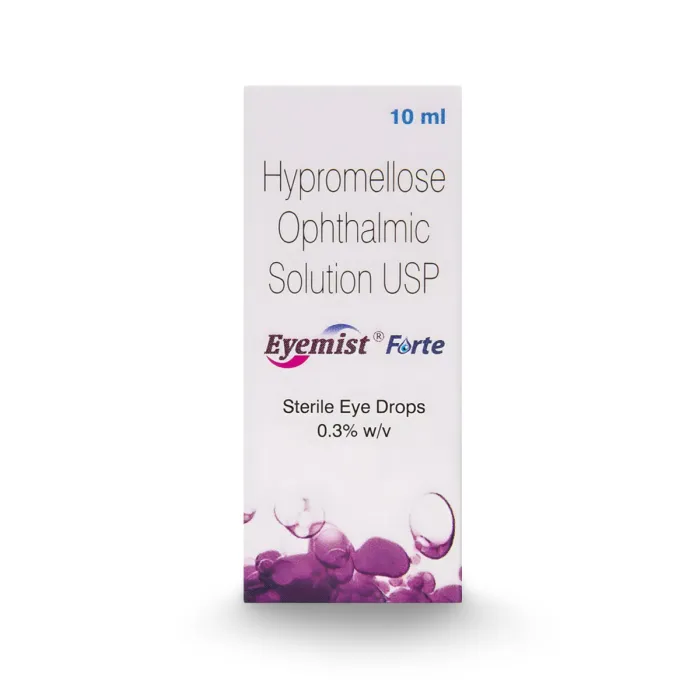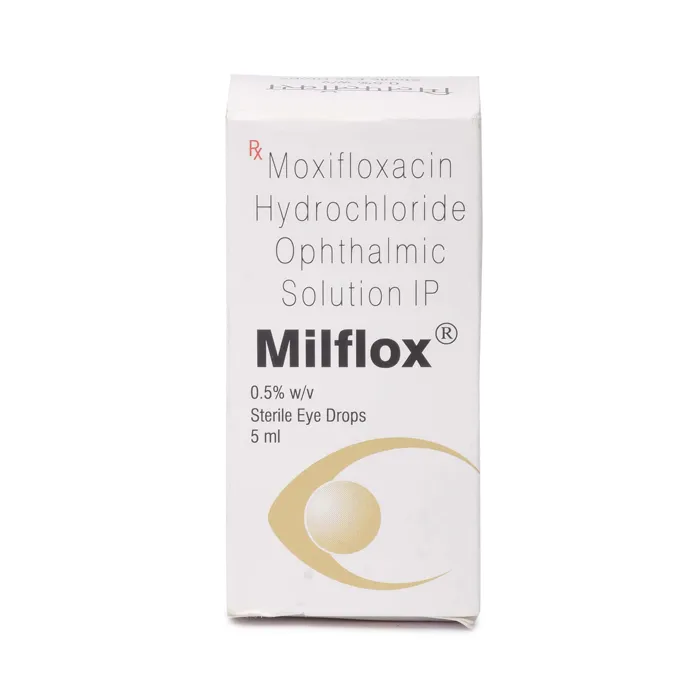Whenever your eyes are paining or watering, it can be difficult to focus on anything else.
Though tears are essential to maintain good eye health, excess tearing or watering can cause distress.
Eye pain and watering can be a sign of an underlying eye condition. Though these symptoms may appear mild, they can indicate eye conditions that can affect your vision.
This makes it important to determine the cause of such eye pain and watering.
This article will discuss the possible causes of pain in the eye and watering and how to relieve these symptoms.
Causes of Eye Pain and Watering
Watering and eye pain can cause distress and ruin your mood as you are unable to focus.
Identifying the cause of pain in the eye and watering can help diagnose and treat the condition early and protect your vision.
Several eye conditions like dry eyes, pink eye, allergies, Glaucoma, etc can cause these symptoms.
Let us discuss the various causes of eye pain and watering in detail.
Save up to 90% on your medicine bills

Eyemist Forte 10 ml

Milflox 0.5% 5 ml

Restasis 0.05% Ophthalmic Emulsion

Pred Forte 10 ml
Conjunctivitis (Pink Eye)
Conjunctivitis is the medical term for the inflammation of the conjunctiva (a thin layer that covers the eye’s surface).
Inflammation of the blood vessels in the conjunctiva causes the eye to appear red or bloodshot.
Common symptoms of pink eye can include watering and eye pain. The pink eye generally clears up on its own within two weeks.
However, a person may use antibiotic eye drops for bacterial pink eye if symptoms do not improve on their own.
Want to get relief from pink eye symptoms? Read Pink Eye Treatment: Treating Conjunctivitis Effectively.
Allergies
An allergy can occur when an allergen like dust or pollen comes into contact with the eyes. This triggers a release of histamine, which causes the tiny blood vessels in the eye to leak.
An allergy can cause various symptoms, including eye pain and watering.
To explore more about eye allergies, read Understanding Eye Allergies: Types, Symptoms, and Treatment.
Dry Eye Syndrome
Dry eye, medically called Keratoconjunctivitis Sicca, occurs when the tears are unable to provide adequate moisture in the eyes.
Though it may appear unlikely, but dry eyes can cause excess watering of the eyes.
Dry eyes can cause eye pain and irritation, which can result in excess watering of the eyes.
If you want to know more about dry symptoms that you should look out for, read Understanding Dry Eye Symptoms: Causes and Treatment Options.
Glaucoma
 Source: pixelshot
Source: pixelshotGlaucoma is a group of eye diseases that affect your vision by causing damage to the optic nerve.
Primary-Open Angle Glaucoma, a more severe type of Glaucoma, can cause watering and eye pain.
Want to know more about Glaucoma and how it affects your vision? Read Everything to Know About the Silent Thief of Sight: Glaucoma.
Eye Infections
Eye infections caused by viruses or bacteria can lead to watering and eye pain.
Other symptoms that may result from the infection include redness, discomfort, and light sensitivity.
Treatment of eye infections generally involves the use of antibiotic or antiviral medications.
If you wish to explore more about eye infection symptoms, read Eye Infection Symptoms You Need to Look Out For.
How to Relieve Eye Pain and Watering
Treatment of eye pain and watering depends on the underlying cause.
Treatment generally involves medications, eye drops, warm compresses, and lifestyle changes.
Antibiotic eyedrops may help treat bacterial infections or bacterial pink eye. You should note that antibiotics are ineffective in treating viral pink eye or other viral infections.
Eyedrops like Bimatoprost can help treat Glaucoma, relieve eye pain and watering, and protect your vision.
Allergies in the eye can be treated with the help of antihistamine eye drops and by removing the allergen from the environment.
It is essential that you consult an eyecare specialist if you experience eye pain and watering.
They can help you identify and diagnose the cause of your symptoms and prescribe suitable treatment.
Summing Up
Constant eye pain and watering can affect your ability to focus and function normally in daily life.
Though these symptoms appear mild, they often indicate an underlying eye disease that can affect your vision.
Eye pain and watering are common symptoms of eye conditions like infections, Glaucoma, dry eyes, and pink eye.
These eye problems pose a high risk of vision changes and permanent loss of vision in some cases.
It is vital to consult an eye doctor if you experience eye pain and watering. They can help you identify and diagnose the specific cause of these symptoms.
They may prescribe suitable treatment based on the underlying cause.
Doctors commonly prescribe Bimatoprost for Glaucoma and antibiotic eyedrops for bacterial eye infections.
They may recommend antihistamine eye drops in case of allergies.
Buy Bimat 0.03% w/v (Bimatoprost) now to treat Glaucoma and take control of your vision today!

Frequently Asked Questions
What should I do if I get a foreign object in my eye?
If a foreign object irritates your eye, flush it with clean water and seek medical attention if the discomfort persists.
How can I relieve dry eye symptoms?
Artificial tears and lifestyle adjustments, like using a humidifier and reducing screen time, can help manage dry eye symptoms.
Consult your doctor if the symptoms persist for a long time.
When should I see a doctor for eye pain and watering?
Seek immediate medical attention for severe eye pain, sudden vision changes, or if you suspect a corneal abrasion or ulcer. For persistent symptoms, consult an eye specialist.
Can eye pain and watering be caused by excessive screen time or digital device use?
Prolonged screen time may contribute to eye discomfort, known as digital eye strain. Symptoms can include eye pain and watering.
Take regular breaks, adjust screen brightness, and use lubricating eye drops to alleviate this.
How can I protect my eyes from eye pain and watering in windy or dusty environments?
Wearing protective eyewear, such as sunglasses or safety goggles, can shield your eyes from wind and dust, reducing the risk of eye irritation and discomfort.
Cheap Medicine Shop only refers to credible, authoritative sources for our content. If you’re curious about how we ensure the integrity of our content, we encourage you to read our Content Information Policy.














